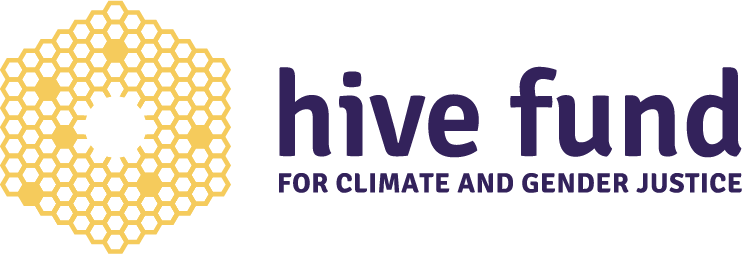Grantmaking
Grantmaking Model
We support groups in the US South that are accelerating the transition from dirty to clean energy in ways that center justice, redistribute power, and create healthier, safer, and more prosperous communities. Our grants are:
Multiyear general support: Recognizing grantees’ expertise and maximizing their flexibility and financial security.
Multipronged: Supporting constellations of groups engaged in many tactics and levers of change.
Multisolving: Supporting groups working across multiple interconnected issues.
Goals
Our grantee partners work toward our shared vision through three interconnected goals:
Rapidly transition to cleaner, renewable energy
Hive Fund grantee partners are bringing affordable, reliable, and scalable clean energy infrastructure to communities across the South, helping bring down energy costs for households that need it most. They’re also creating new green finance models and working to ensure that new clean energy projects deliver good jobs and economic benefits in historically disinvested neighborhoods.
Reverse the expansion of dirty energy
Our grantee partners are building healthy communities free from pollution by chipping away at dirty energy industries’ disproportionate access to land, water, tax subsidies, and other benefits that fuel their profits at public expense. At the same time, they’re building alliances to push regulators to consistently enforce clean air, water, and safety standards.
Strengthen people power
We support partners who are building governing power, economic power, and cultural power to advance climate solutions that address the problems everyday people face. This includes advocating for policies that meet community needs, building welcoming and inclusive movements, strengthening nonpartisan civic engagement, and expanding people’s imaginations and visions for the communities they deserve.
Grantee Partners
A list of current grantee partners is available to trusted colleagues upon request. Please contact info_at_hivefund.org.
